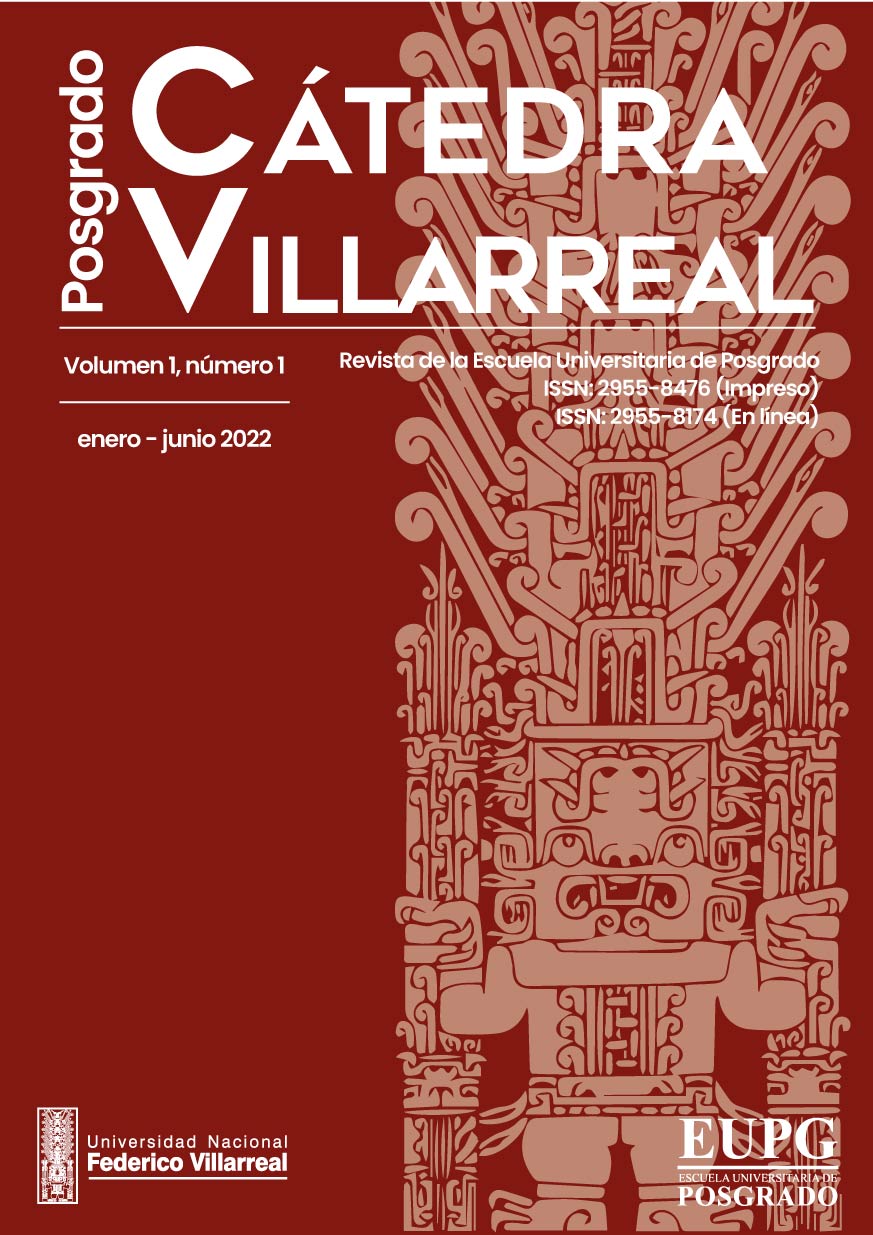The application of diffuse control and concentrated control in favor of de facto unions in Peru in 2022
DOI:
https://doi.org/10.24039/rcvp2022111639Keywords:
Family, law, constitutional, concentrated control, de facto unionAbstract
The objective of this research has been to identify how relevant is the interpretation made by the Constitutional Court on the non-legislated rights that conflict with the constitutional regulation with the purpose of demonstrating as norms of a lower rank than the Constitution are contrary to it, such as article 326 of the civil code. The research is of a basic nature and is carried out using a qualitative approach. In its development, the deductive and inductive methods were used. The relevance that exists in the hierarchy of norms within the country and how it is enshrined in article 51 of the Peruvian Political Constitution establishes this mandatory order was considered for the investigation. The theory used is based on symbolic interactionism that proposes how events are due to the social interaction of people. Regarding the conclusions, it is addressed how the intervention of the Constitutional Court seeks to protect the respect and primacy of the constitution.
Downloads
Published
How to Cite
Issue
Section
License
Copyright (c) 2022 Cátedra Villarreal Posgrado

This work is licensed under a Creative Commons Attribution-NonCommercial-ShareAlike 4.0 International License.
Eres libre de
- Compartir : copiar y redistribuir el material en cualquier medio o formato.
- Adaptar : remezclar, transformar y construir sobre el material.
El licenciante no puede revocar estas libertades siempre que cumpla con los términos de la licencia.
Bajo los siguientes términos:
- Atribución : debe dar el crédito apropiado , proporcionar un enlace a la licencia e indicar si se realizaron cambios . Puede hacerlo de cualquier manera razonable, pero no de ninguna manera que sugiera que el licenciante lo respalda a usted o su uso.
- No comercial : no puede utilizar el material con fines comerciales .
- CompartirIgual : si remezclas, transformas o construyes a partir del material, debes distribuir tus contribuciones bajo la misma licencia que el original.
- Sin restricciones adicionales : no puede aplicar términos legales ni medidas tecnológicas que restrinjan legalmente a otros hacer cualquier cosa que la licencia permita.
Avisos:
- No tiene que cumplir con la licencia para elementos del material que sean de dominio público o donde su uso esté permitido por una excepción o limitación aplicable.
- No se dan garantías. Es posible que la licencia no le otorgue todos los permisos necesarios para el uso previsto. Por ejemplo, otros derechos como publicidad, privacidad o derechos morales pueden limitar la forma en que utiliza el material.












